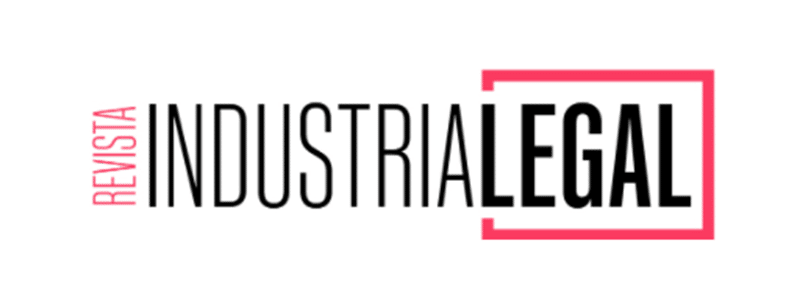The new regulation will require textile companies to take greater responsibility for post-consumer waste, with direct effects on consumer law.
On July 4, 2025, Exempt Resolution No. 3914/2025 of the Ministry of the Environment was published, which included textile products as priorities under Law No. 20,920 on Extended Producer Responsibility (or REP Law). In light of this new regulation, it is worth asking whether this regulatory milestone transcends the merely environmental. The answer is yes, with direct and significant repercussions for consumer law.
In this sense, the new regulation redefines the legal and economic relationship between suppliers and consumers, establishing a new “post-consumption” reality in the life cycle of a product. The producer’s responsibility no longer ends at the point of sale, so to speak, but extends to the management of the waste it generates and obliges it to bear the cost of such management. The repercussions for players in the textile market will be substantial, as they will not only have to internalize the operating costs of this management, but also reconcile these “new environmental obligations” with those already existing in the area of consumer rights protection, such as the right to accurate and timely information.
The provisions of the REP Law establish reporting obligations to the authorities, whose information will be public and will detail the life cycle of products. Statements such as “our garments are 50% recyclable” or “we have a nationwide collection program” will be claims that companies will surely use to prove compliance with the collection and recovery targets set.
However, these statements will not only be relevant from an environmental perspective: there is also the imminent possibility that they will become true contractual promises, binding on consumers who base their purchasing decisions on them.
As sustainability becomes a field of competition, the temptation to use vague or unverifiable claims—known as greenwashing—will be enormous. Terms such as “ecological,” “sustainable,” or “conscious” should become very common in the market.
This is the key point: although these statements seek to reflect supposed compliance with the REP Law, they fall directly under the definition of “advertising” in Law 19.496. If one of these statements is not accurate, specific, and demonstrable, or if it misleads the consumer, the authority could classify it as “misleading advertising,” an offense with quite severe penalties under Chilean law.
Once the Supreme Decree setting out the targets for textiles is published, companies will have to start complying, leaving them at a crossroads: the obligation to report verifiably to the authorities, the need to communicate their sustainability efforts, and the risk of doing so imperfectly in the eyes of consumers. Finally, the entry into force of the REP Law regulations will inevitably mean that part of the waste management costs will be passed on to the final price.
This economic burden must be handled transparently, as consumers will demand clarity on why they are paying more. Observing the lessons learned with previous priority products will be crucial for companies to navigate this new scenario, rigorously complying with both their environmental obligations and consumer protection.
For more information on these issues please contact our Public Law and Regulated Markets group:
Antonio Rubilar | Partner | arubilar@az.cl
Gonzalo Bravo | Senior Associate | gbravo@az.cl
Source: The Legal Industry Reviews, Issue 23 No. 1. [See here].




